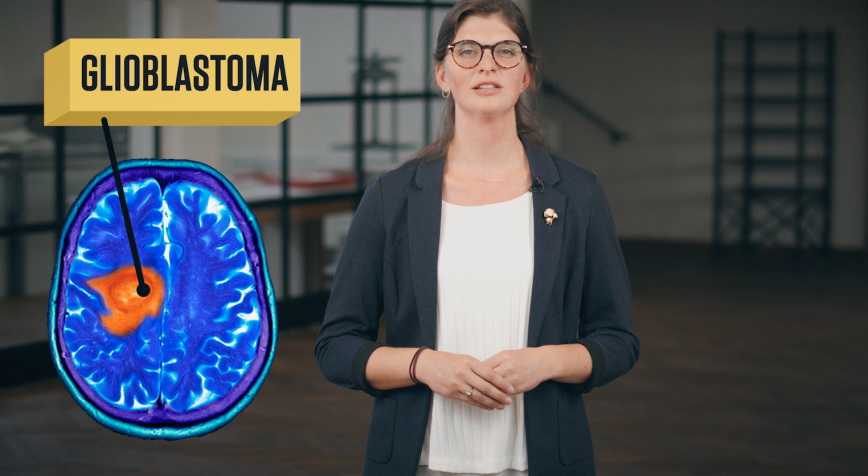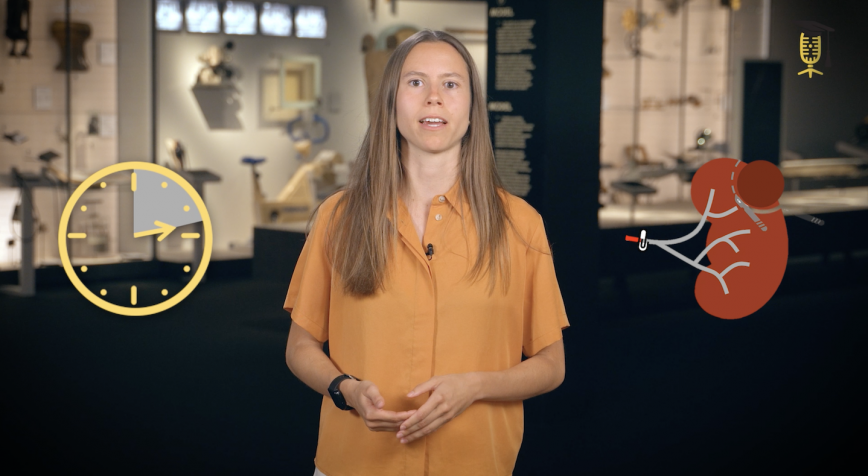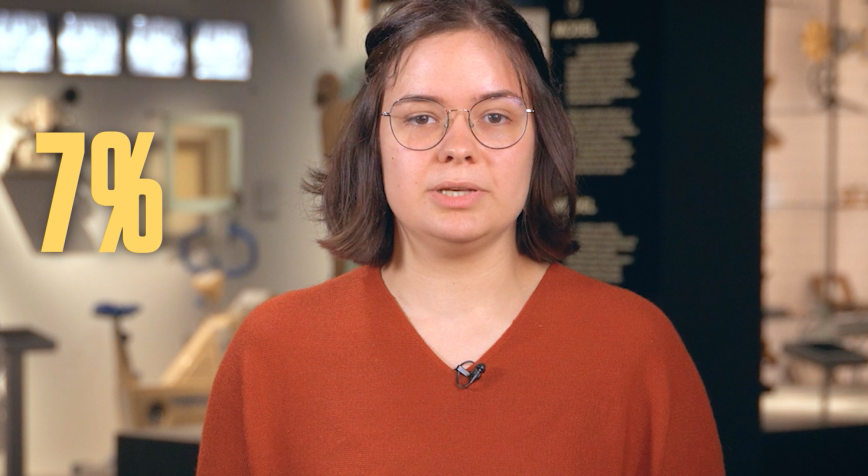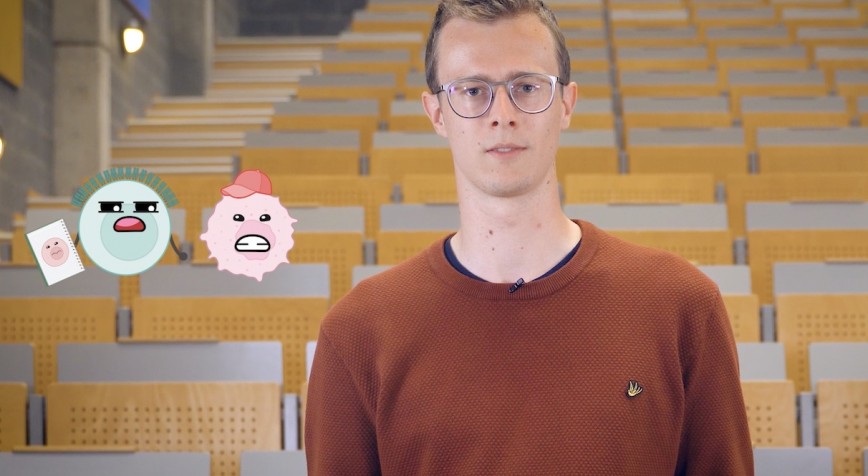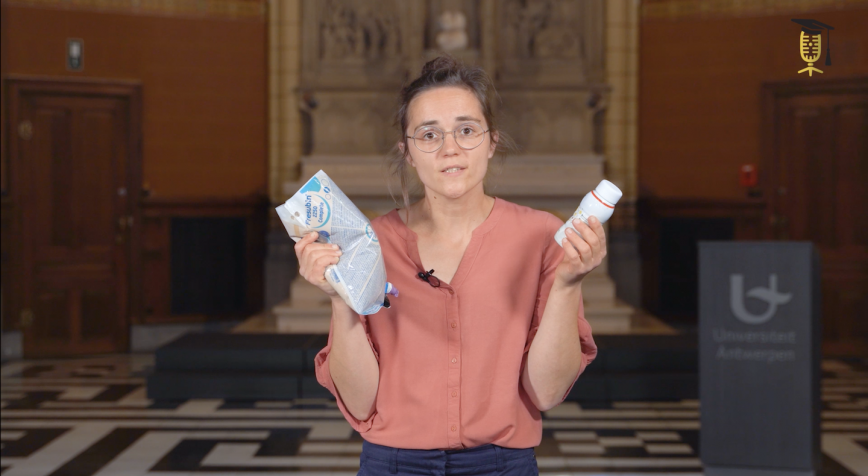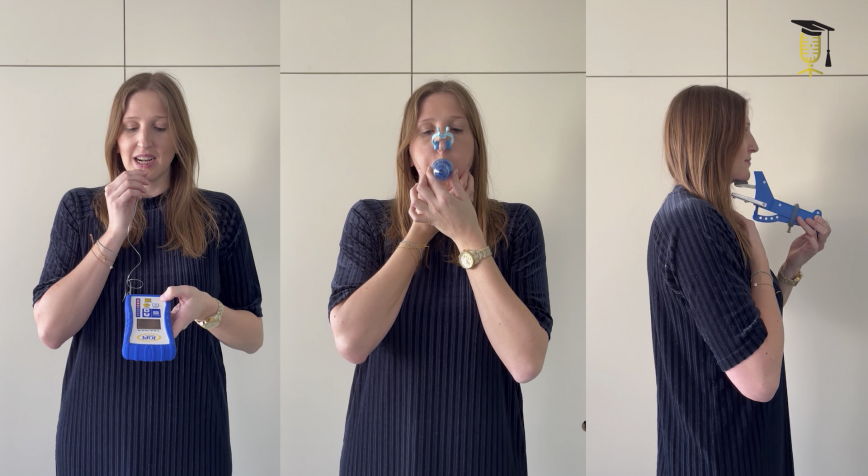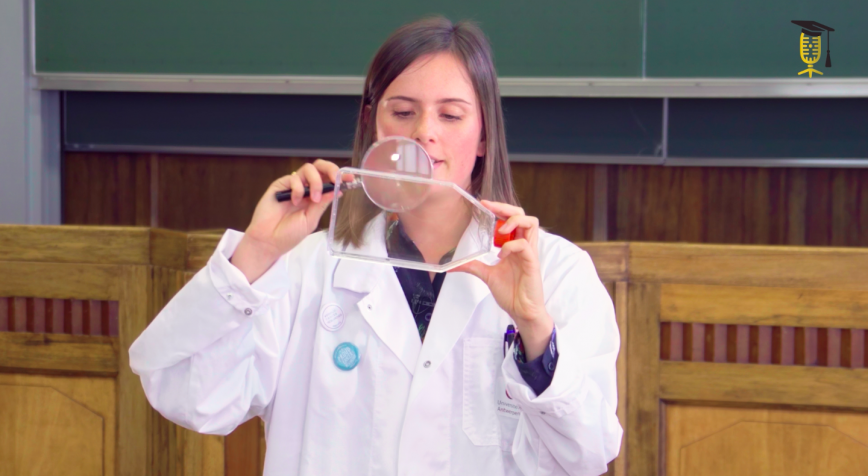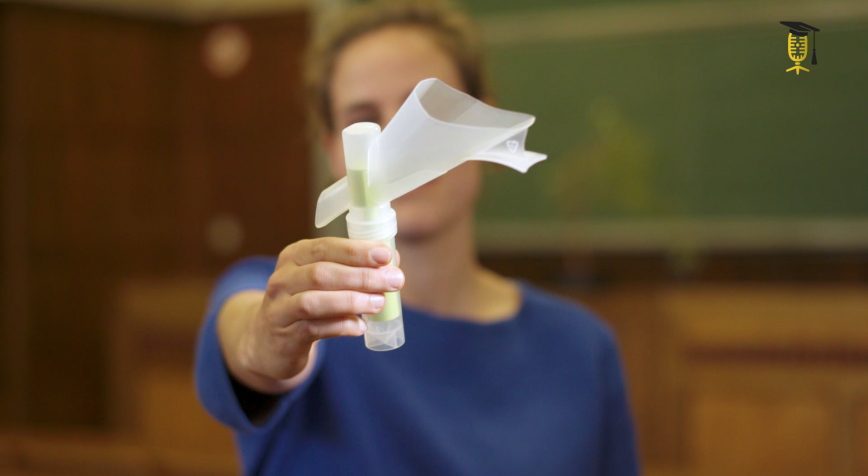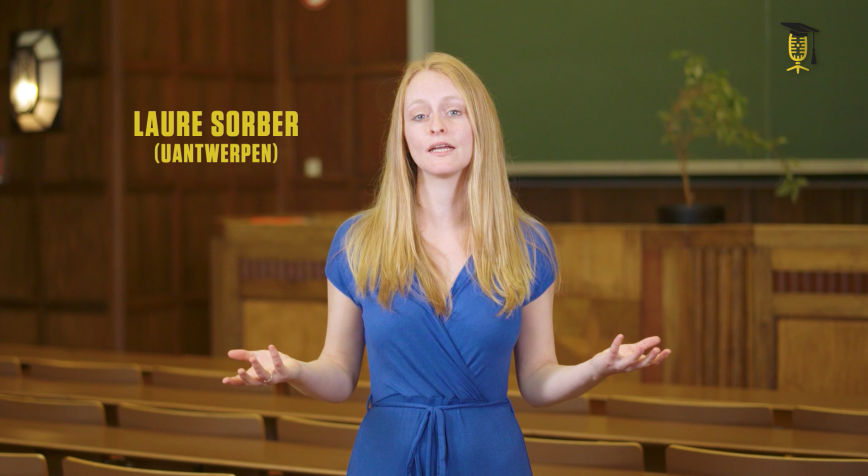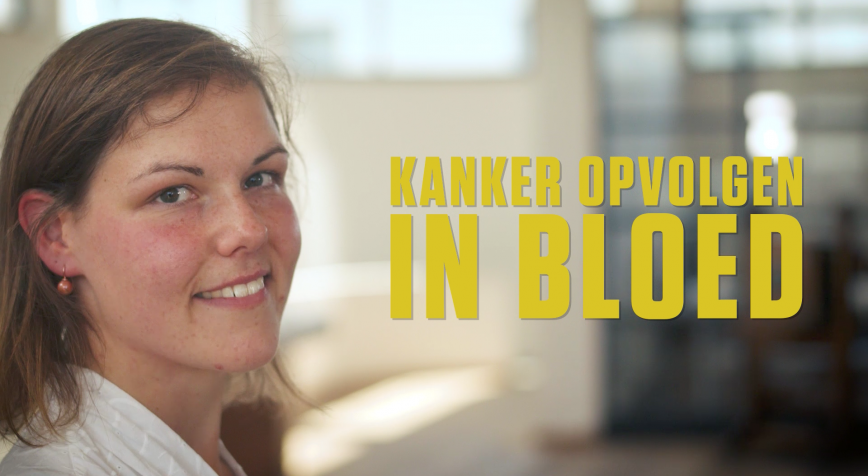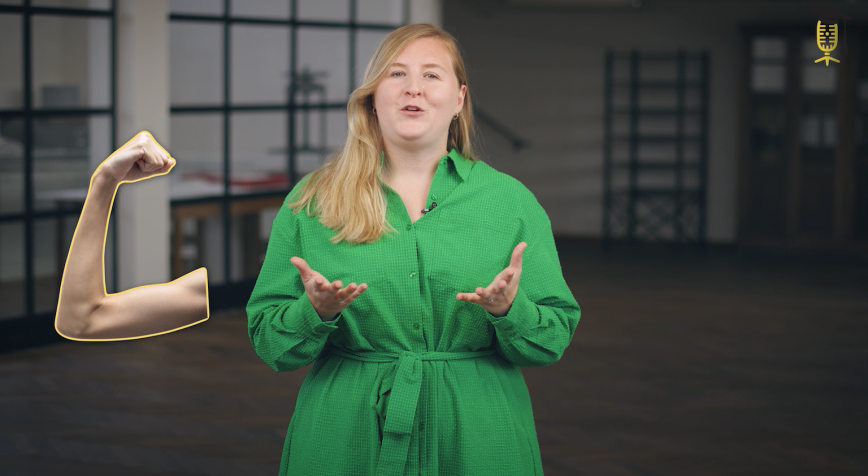
UGent
The impact of chemotherapy on your hearing and balance
Some 300,000 people overcame cancer in Belgium in the past decade. Great news, but there is a downside: chemotherapy can cause permanent damage to the sense of hearing and balance, leading to hearing loss, tinnitus, or balance problems. To better identify the problem, Heleen Vander Biest (UGent) will test patients' ears just before starting, during, and after chemotherapy.
